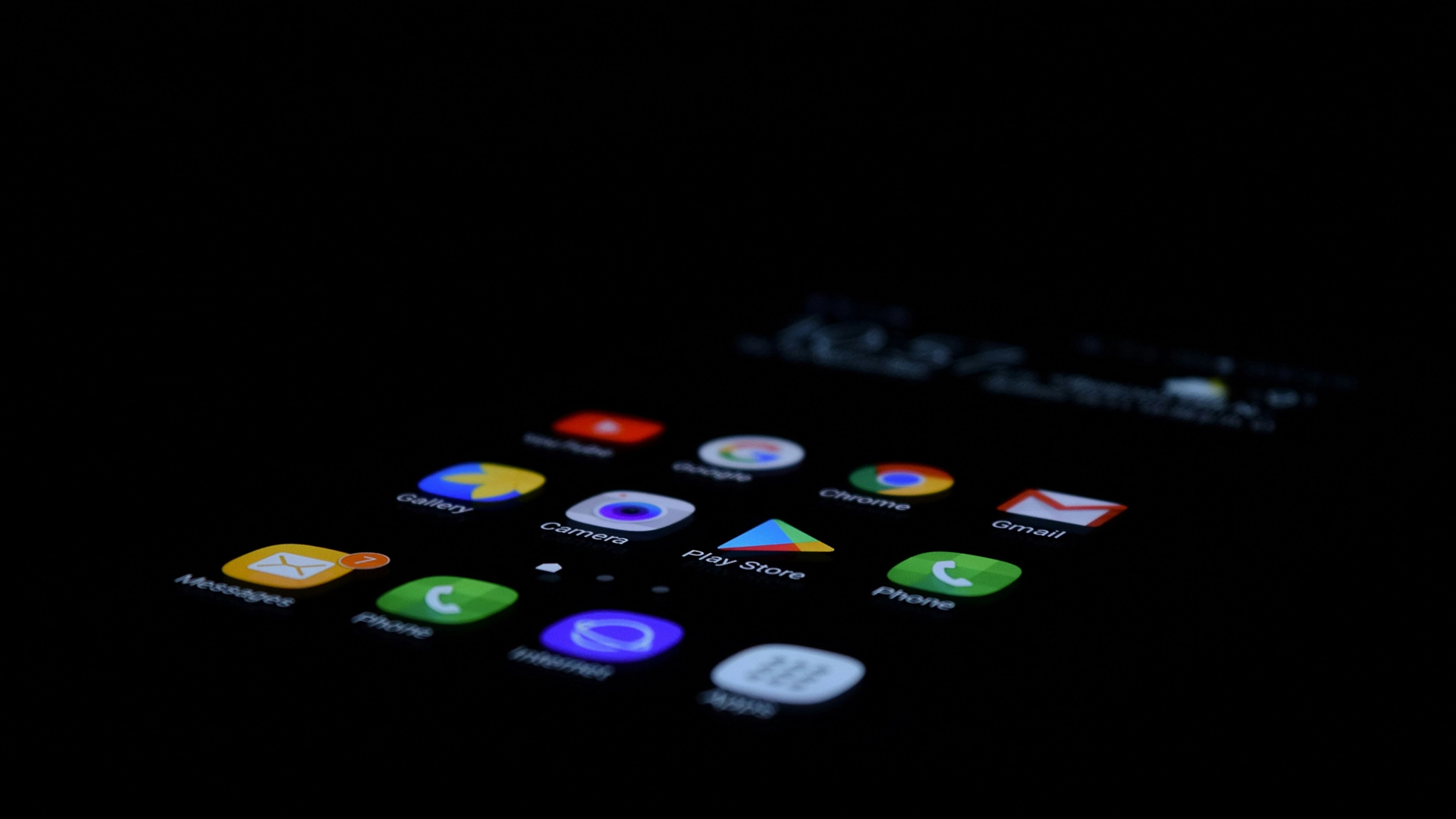
Image by Pathum Danthanarayana, from Unsplash
Unverified Android Apps Will Soon Stop Working On Most Devices
Google is preparing a major security change for Android apps that could reshape how software is distributed across its ecosystem.
In a rush? Here are the quick facts:
- Google compares the new system to “an ID check at the airport.”
- Rollout begins in 2026, starting in Brazil, Indonesia, Singapore, and Thailand.
- Critics say the plan could give Google more control over app distribution.
On Monday the company announced plans to start verifying the identities of all app developers, including those who distribute apps outside the Play Store. In the coming years, apps without verified developers will not work on most Android devices.
Google compared the process to “an ID check at the airport.” The company already requires Play Store developers to verify their identities, a move it says has sharply reduced malware and fraud. Now, it wants to extend the system to sideloaded apps, which Google claims are “50 times more likely to contain malware.”
ArsTechnica reports Android Developer Console will receive a simplified version for outside applications as part of Google’s launch. Developers must register their app package names and signing keys after verification. The developer identity verification process will be the only requirement for Google since the company says it will not review app content or functionality.
Google plans to test the new system in October, open it to all developers by March 2026, and roll it out in Brazil, Indonesia, Singapore, and Thailand starting September 2026. A global rollout could follow in 2027.
ArsTechnica notes that this comes where Epic Games has filed an antitrust lawsuit against Google which could force the company to reduce its control over app distribution. The courts have already ordered Google to enable third-party app stores and app rehosting. While this increases choice, it also raises security risks from apps installed outside the Play Store.
Recently, fake Google Play pages are tricking Android users into downloading SpyNote malware. The malicious apps enable spying, data theft, and remote control, mimicking real Play Store listings.
Researchers say attackers use newly registered domains and hidden APKs to infect devices. Experts warn removal often requires a factory reset.
However ArsTechnica reports that critics warn that the new verification system could act as a heavy-handed gatekeeper, giving Google more control as competition in app distribution grows.
For now, though, the company insists its aim is to protect users from harmful software.


 Previous Story
Previous Story

 Latest articles
Latest articles 